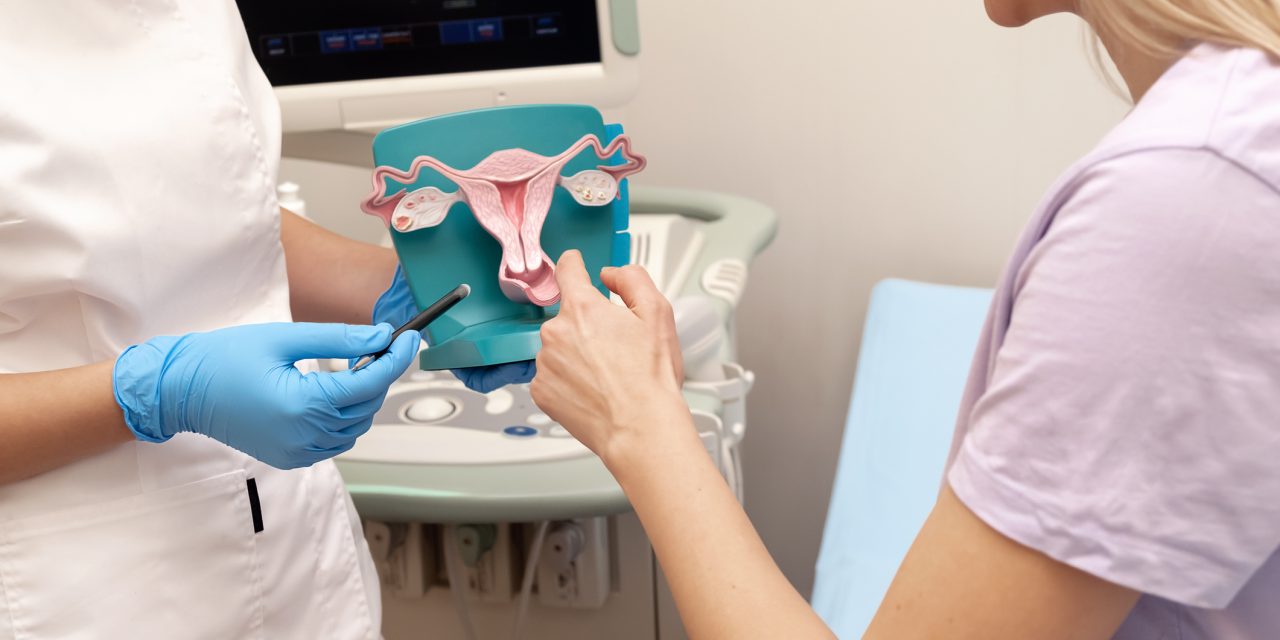Stress urinary incontinence is a distressing and burdensome condition affecting approximately one third of pregnant women and pelvic floor muscle training is recommended as the first-line treatment. Convenient and cost-effective regimen of pelvic floor muscle training is required to facilitate the treatment of stress urinary incontinence and improve the adherence to treatment in pregnant women.
To determine the effectiveness of app-based audio guidance pelvic floor muscle training on the treatment of stress urinary incontinence in primiparas.
The study was a two-arm, parallel, randomized controlled clinical trial.
The study was conducted in the obstetric clinic of a tertiary maternity hospital in Hangzhou, China.
A total of 108 eligible primiparas were enrolled from January to April 2018.
Participants were randomly allocated (1:1) to the audio group the or control group. Primary outcomes included severity of stress urinary incontinence and adherence to pelvic floor muscle training assessed by the International Consultation on Incontinence Questionnaire-Urinary Incontinence Short Form and the Broome Pelvic Muscle Self-Efficacy Scale, respectively. Secondary outcomes included pelvic floor muscle strength, bladder neck mobility and sexual function measured by vaginal palpation and pelvic floor muscle surface electromyography, perineal ultrasound and Female Sexual Function Index, respectively. Data analysis followed the intention-to-treat principle. Generalized estimation equation model, t-test and chi-square test were used to examine intervention effect on primary outcomes and secondary outcomes, respectively.
Participants showed significant improvement in symptom severity across the study, which was most significant at 6 weeks postpartum (β = -4.245, p < 0.001). No significant difference was found in symptom severity between groups (β = -0.344, p = 0.168). The interaction effect between intervention and time on adherence was significant. Compared with the control group, greater self-efficacy was shown in the audio group at 6 weeks (β = 4.425, p = 0.009), 3 months (β = 3.204, p < 0.001) and 6 months (β = 4.457, p < 0.001) postpartum. Participants in the audio group indicated less bladder neck descent (16.5 vs. 19.5, p = 0.020) at 6 weeks postpartum, better pelvic floor muscle strength (12.5% vs. 34.0%, p = 0.012; 4.2% vs. 18.0%, p = 0.030) and sexual function (22.2 vs. 17.3, p = 0.007) at 6 months postpartum.
The app-based audio guidance pelvic floor muscle training was more effective and much easier to comply for treatment of stress urinary incontinence in primiparas than the conventional home-based pelvic floor muscle training.
Copyright © 2020. Published by Elsevier Ltd.
Effect of app-based audio guidance pelvic floor muscle training on treatment of stress urinary incontinence in primiparas: A randomized controlled trial.


